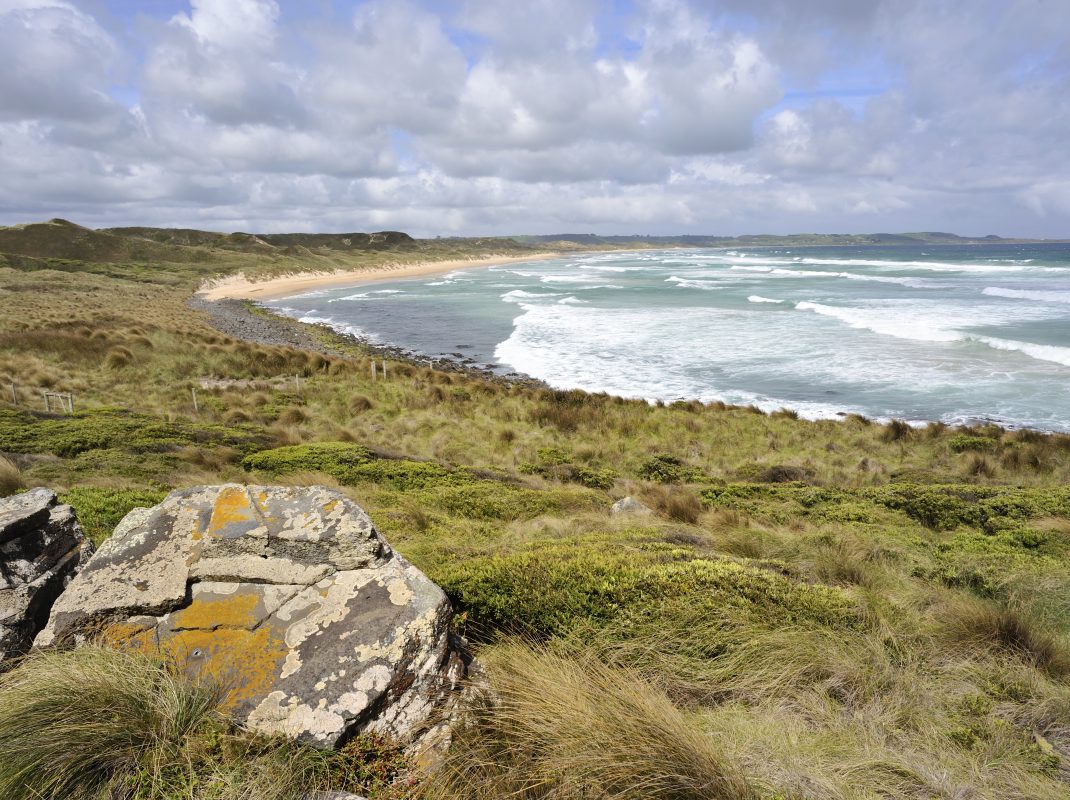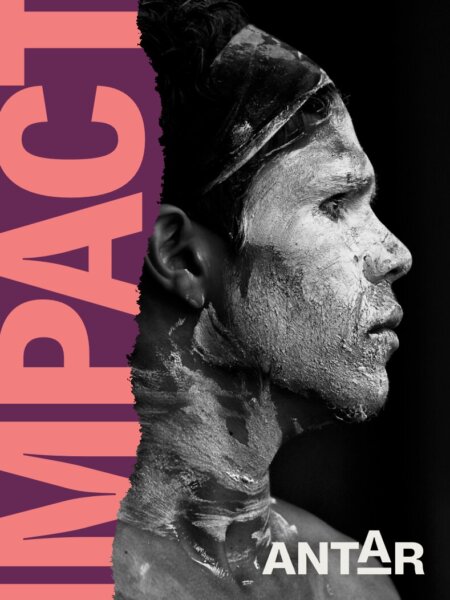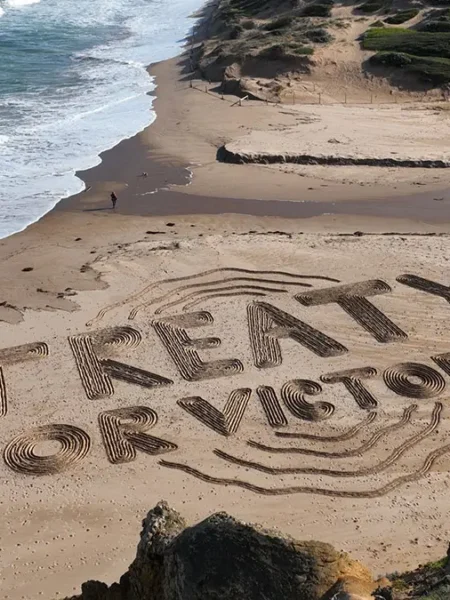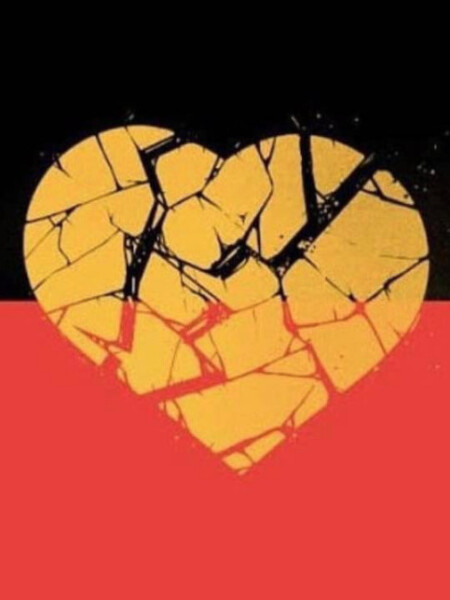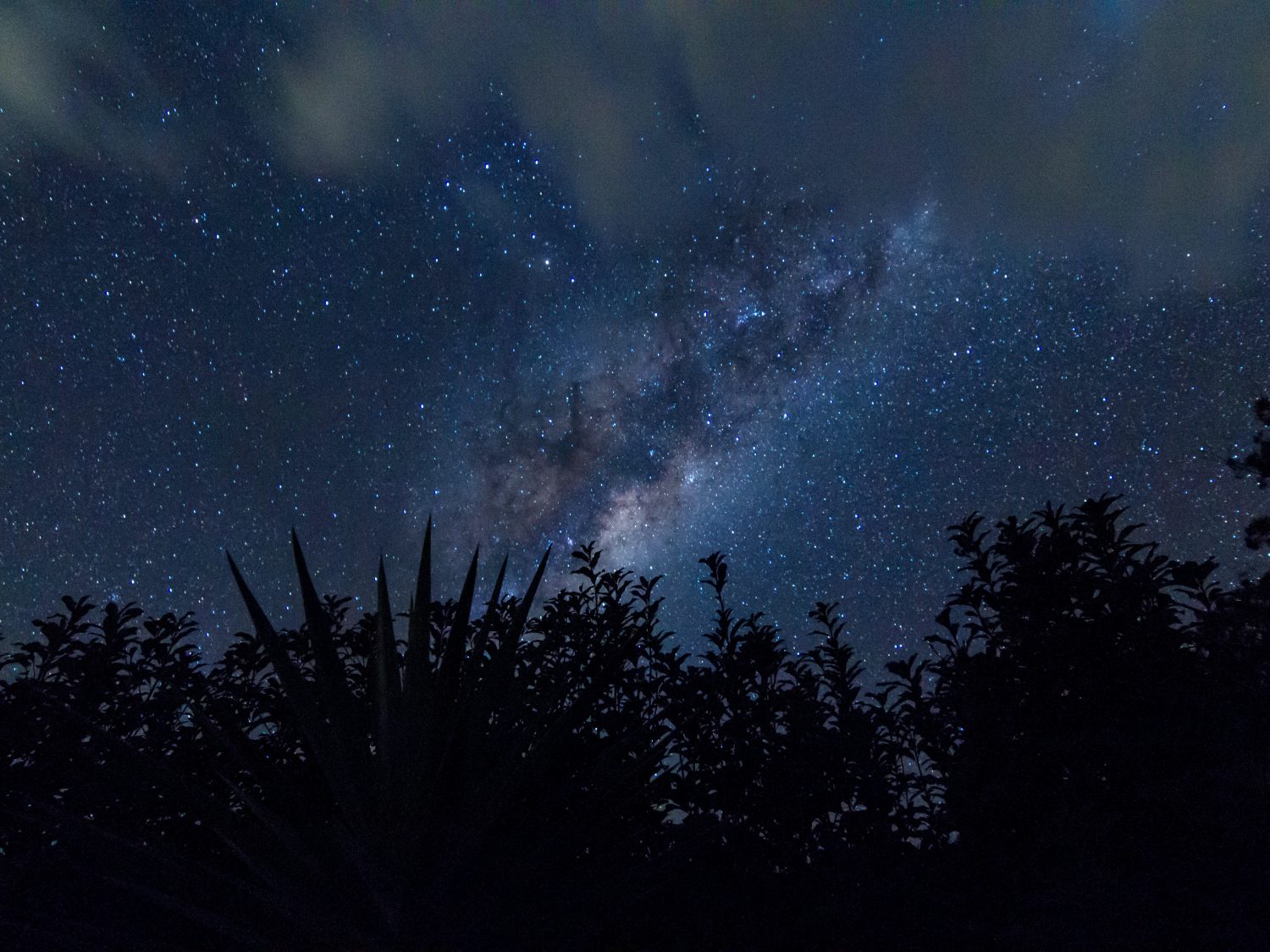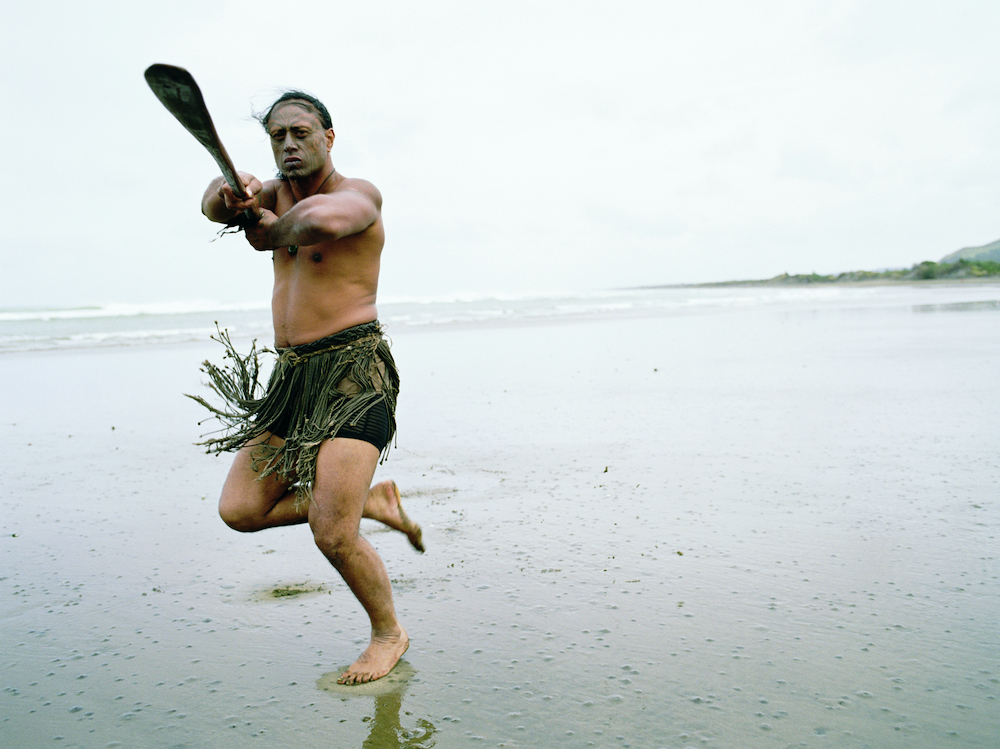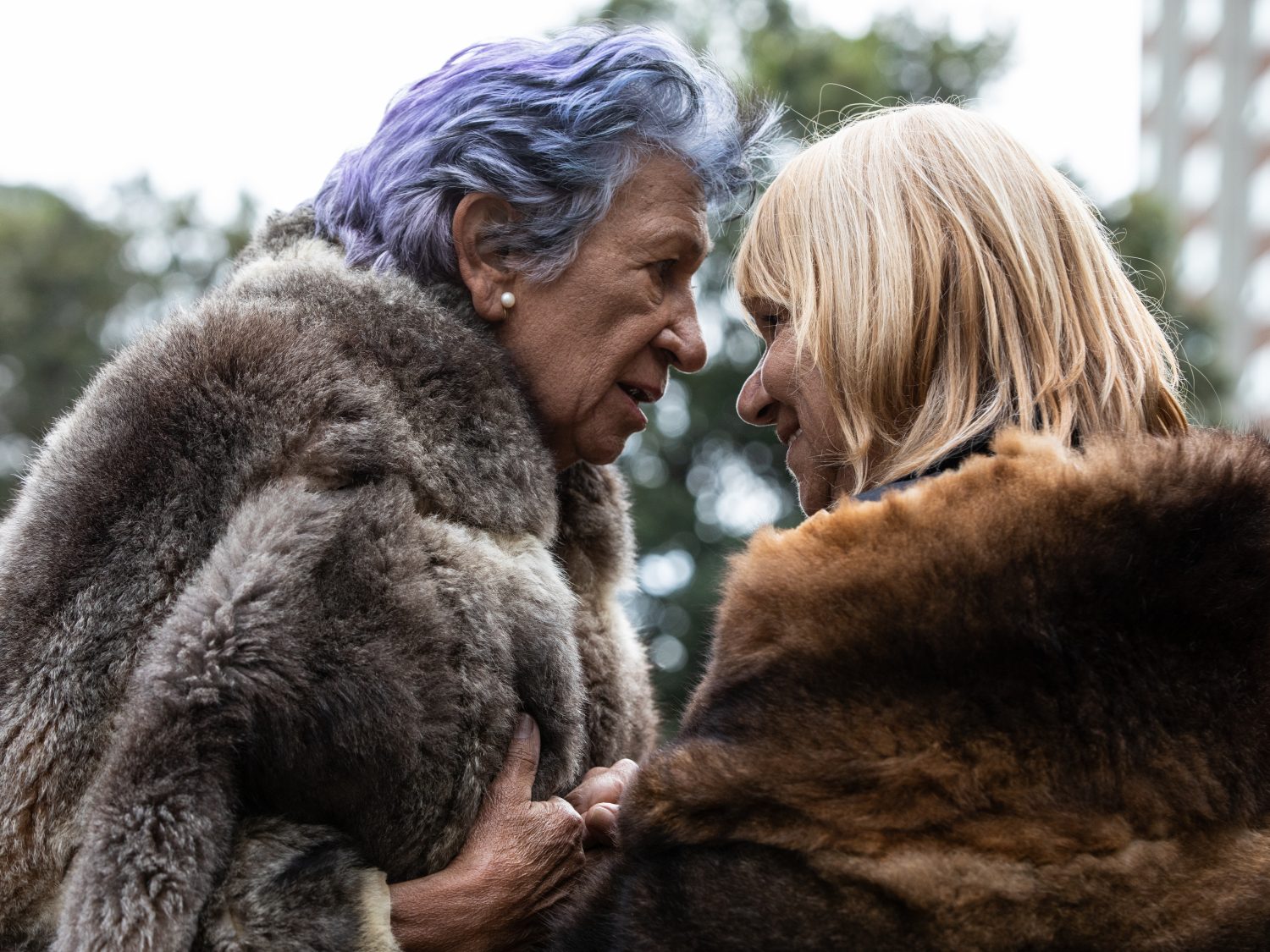BACKGROUND
Tasmania is the site of what is understood to be the most extensive conflict in Australian history – the 1824 ‘Black War’. Historian Lyndall Ryan estimates that at least 60 percent of Tasmanian First Nations peoples were killed during the war.
In 1832, George Arthur, the Governor of Van Diemen’s’ Land (now Tasmania) reflected on this conflict. He considered that it was ‘a fatal error … that a treaty was not entered into with the natives’, and recommended a treaty be signed before a colony was set up in South Australia (advice that was not followed through on).
In 1846, after having been relocated to Flinders Island in the Bass Strait, a community of First Nations peoples petitioned Queen Victoria, alleging that they moved only after receiving certain assurances from George Augustus Robinson, a government official. Part of the petition read:
‘Your Petitioners humbly state to Y[our] M[ajesty] that Mr. Robinson made for us & with Col. Arthur an agreement which we have not lost from our minds since & we have made our part of it good.’ Prominent historian Henry Reynolds has argued that this agreement amounted to a verbal ‘treaty’ with the Crown. Whether that was the case, the Crown did not honour their agreement.
Tasmania’s contemporary path to treaty loosely began in 2018 when the Tasmanian Labor party promised to hold treaty talks with First Tasmanians. They failed to win the election, however, and the Liberal party remained silent on treaty.
In June 2021, the Tasmanian government appointed former Governor Kate Warner and University of Tasmania Law School Dean Tim McCormack to consult First Nations peoples in Tasmania on treaty. The primary objective of these consultations was to learn from Tasmanian Aboriginal people their thoughts on and aspirations for treaty, truth-telling, and reconciliation and to identify possible pathways towards these goals. After four months and more than 100 meetings, the Pathway to Truth-Telling and Treaty report was delivered in November 2021. The report recommended Tasmania establish a truth-telling commission and commit to a treaty process (among other things).
In March 2022, Premier Peter Gutwein announced that his government would ‘establish an Aboriginal Advisory body that can, through co-design, work with the Government to establish’ a truth-telling process and a treaty process.The government allocated up to $500,000 to support this process.
In July 2022, members of the Palawa community voted to establish a delegation, named ‘tuylupa tunapri’ – ‘to light the fire of understanding’, that would oversee negotiations on treaty and truth-telling with the Tasmanian government. The delegation was established due to the community’s concern that their voices were being excluded from treaty and truth-telling processes. A draft Lutruwita (Tasmania) Treaty Bill 2023 was submitted by the ‘tuylupa tunapri’ to the Tasmanian government, requesting the establishment of a Treaty and Truth-telling Commission, and for a finalised Treaty Bill to be tabled to parliament by 30 June 2024.
In August 2022, Premier Rockliff and Aboriginal Affairs Minister Rodger Jaensch, met with First Nations representatives in Launceston and invited feedback on the establishment of an Aboriginal Advisory body. The Aboriginal Advisory group held their inaugural meeting on processes towards Truth-telling and Treaty in February 2023. Having no timeframe or scheduled outcomes, the Aboriginal Advisory group has commenced consultations with First Nations peoples living across Tasmania, researching legislations and pursuing advice from other states and territories on pathways to treaties.
In May 2023, tuylupa tunapri, elected by the Tasmanian Aboriginal community to progress treaty & truth telling for Lutruwita, announced on X (formerly Twitter):
It has now been six months since Tuylupa Tunapri presented the draft Treaty Lutruwita Bill to the Tasmanian Government. There has been no consultation with the Palawa community from the government and a continued refusal to meet with the community elected delegation.
Rodney Gibbins, Tuylupa Tunapri Chair, said:
With most of the work being done by the Palawa Community and advanced to government by Tuylupa Tunapri, we are at a loss to understand why we are still waiting to see a draft Bill? I continue to make myself available to meet the Premier to advance the pathway to Treaty and Truth Telling and urge him to accept our invitation to meet. The government should not be using an advisory group as an excuse to relinquish the responsibility of negotiation and do nothing. It isn’t fair, and it isn’t right.
As of 2024, there remains no formal timeline for the treaty process and very little in the way of treaty updates.
Further Reading
Treaty in Tasmania Factsheet
To read a more in depth account of Treaty in Tasmania, you can access our Factsheet here.
Other links
